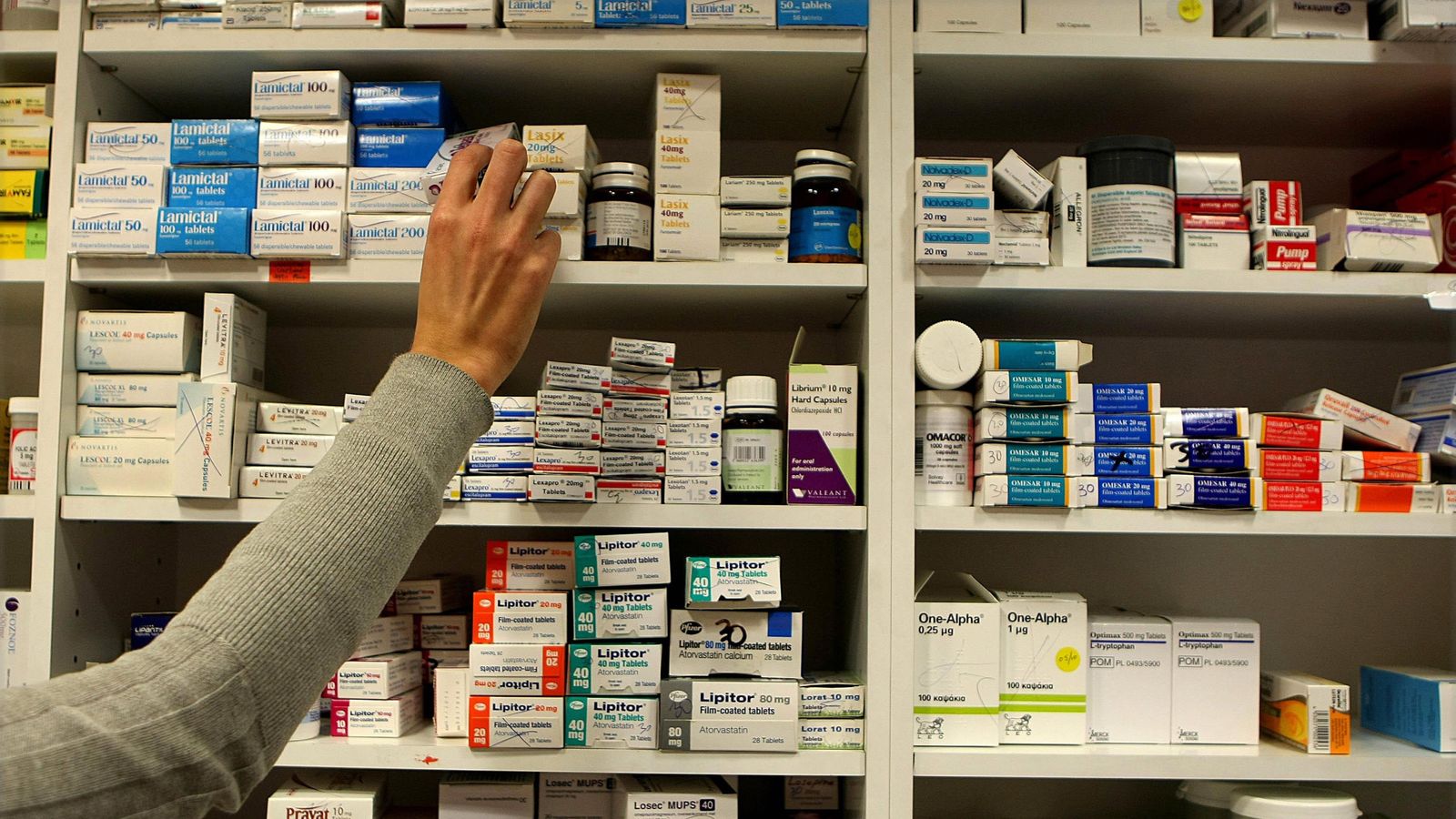What’s the impact, literally, of using your head to play a soccer ball?
New research from the University of British Columbia has found measurable effects on the brain from using the head to pass, shoot or clear the ball.
Heading the ball isn’t typically linked with concussions.

But the study, published recently in the Annals of Biomedical Engineering, found a momentary slowing of brain activity follows the impacts.
The resulting brainwaves, researchers said, are more typically associated with sleep and drowsiness.

Get weekly health news
Receive the latest medical news and health information delivered to you every Sunday.
“Delta waves are low-frequency waves linked to drowsiness and sleep,” explained Lyndia Wu, lead researcher and an assistant professor of mechanical engineering at UBC.
“When this sleep-like delta activity occurs while awake, it may disrupt information processing and lead to lapses in attention. For athletes, this may translate to reduced focus following an impact.”
To come to their conclusions, Wu’s team strapped electroencephalography (EEG) sensors and custom mouth guards to track brain activity and head movement onto eight healthy adult subjects.

The subjects then performed controlled headers with soccer balls to simulate the forces experienced during play.
Wu said after striking the ball, the participants experienced short, but measurable increases in delta waves.
The study found stronger impacts resulted in greater delta wave increases, and that oblique impacts resulted in greater activity on the opposite side of the subject’s head.
While most participants saw their brain activity revert to normal quickly, the study found more pronounced changes among some. Wu said that could suggest people’s brains react differently, and help inform future safety protocols and the need for individualized safety measures.
She said the research is also important given growing concern over the effects of repeated, milder impacts on the brain.
Wu said existing research has mostly focused on post-game or post-season effects.
“This study is unique since it allowed us to measure what’s happening in the brain immediately after a head impact,” she said.
© 2024 Global News, a division of Corus Entertainment Inc.
#Players #sleepy #brainwaves #soccer #headers #UBC #study #finds







